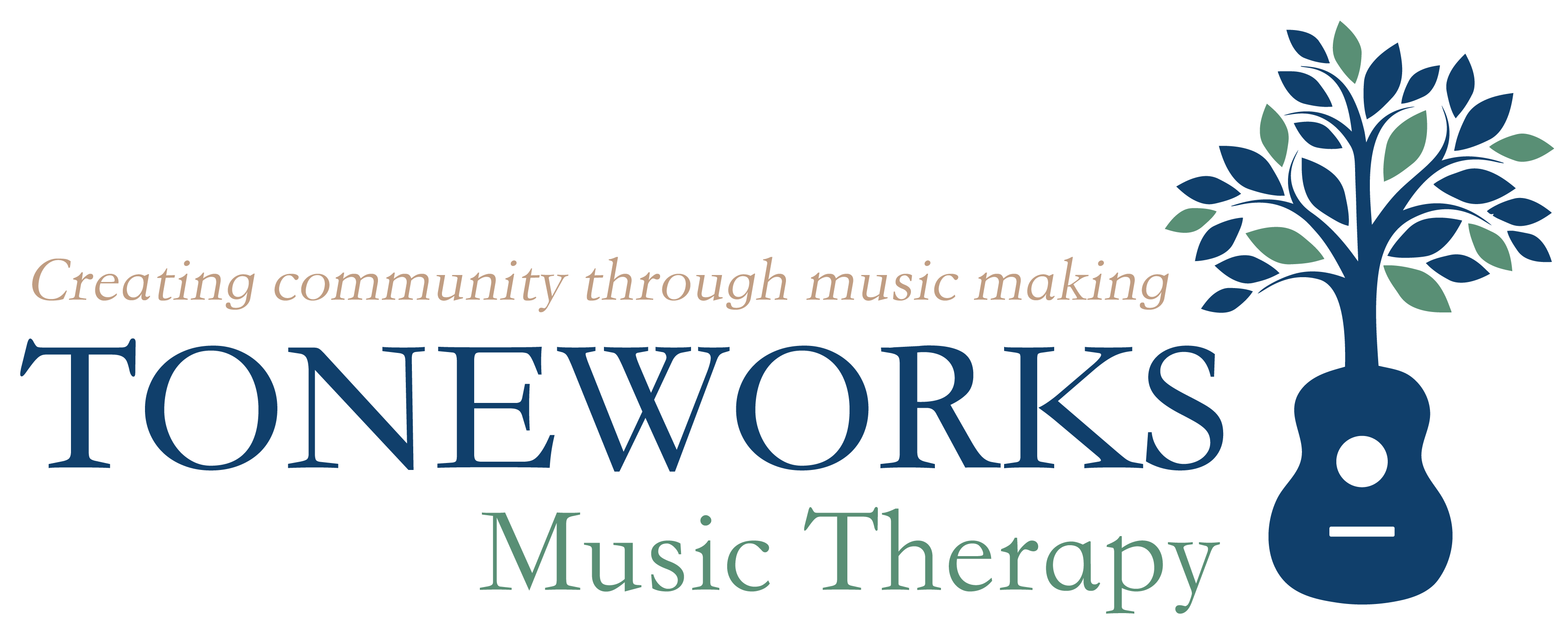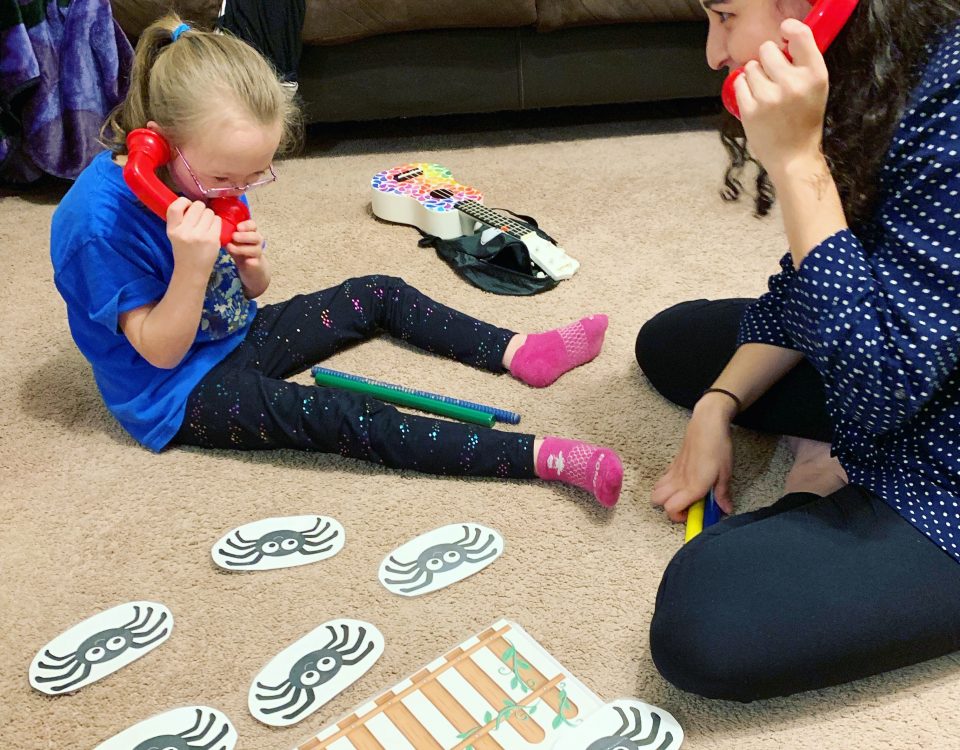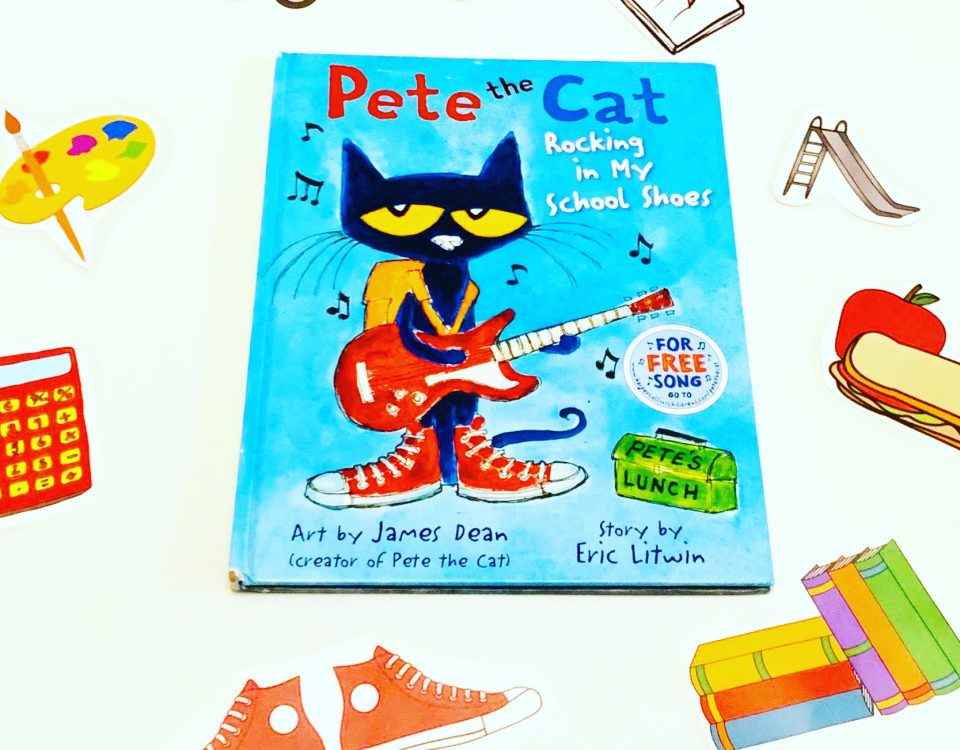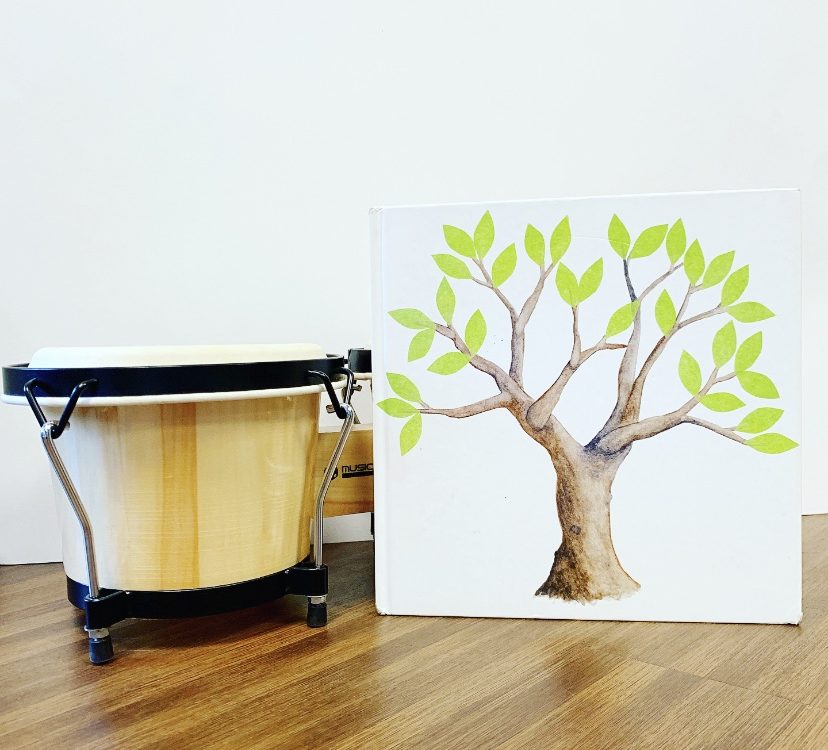Music Therapy: Top Ten Frequently Asked Questions

Weekend Recap: April Sensory Friendly Concert

A Few of Our Favorites…Toneworks Top Blogs
It is music therapy week in the state of Minnesota! To celebrate we are answering some of the questions we get most often about music therapy. So, what is music therapy anyways? What does a music therapist do, and would it work for me?
We’ve all heard a million times that music is a “universal language”, but what does that mean? While its true that music is a uniquely human phenomenon, the specific mechanisms of music therapy often prompt questions from parents, teachers, healthcare professionals, and other curious individuals. Below is a list of ten questions we frequently hear about music therapy.
Q: What is music therapy?
A: Music therapy is the clinical and evidence-based use of music interventions to accomplish individualized goals within a therapeutic relationship by a credentialed professional who has completed an approved music therapy program. (American Music Therapy Association definition, 2005)
Q: What is a music therapist?
 A: People who complete an approved college music therapy program (including a 1,020 hour internship) are eligible to sit for a national board examination. Music therapists who successfully complete the examination hold the credential MT-BC (music therapist-board certified).
A: People who complete an approved college music therapy program (including a 1,020 hour internship) are eligible to sit for a national board examination. Music therapists who successfully complete the examination hold the credential MT-BC (music therapist-board certified).
Q: What do music therapists do?
A: Music therapists assess well-being (emotional, physical, and social), communication abilities, and cognitive skills. Then, they design music therapy sessions for individuals and groups based on the clients’ unique needs. Music therapists may use interventions like improvisation, music listening, song writing, lyric analysis, music and imagery, performance, and more. Additionally, music therapists participate in interdisciplinary treatment planning, evaluation, and follow up.
Q: Who can benefit music therapy?
A: Babies, toddlers, children, adolescents, adults, and older adults can all benefit from music therapy. Common patient populations for music therapists include those with mental health needs, developmental and learning disabilities, Alzheimer’s Disease and aging-related conditions, substance abuse, brain injuries, physical disabilities, and acute and chronic pain, including mothers in labor.

Q: What kinds of goals can music therapists address?
A: Music therapists use a variety of musical activities to achieve a wide range of goals based on their assessment of the individual’s needs. Goal areas might include increasing communication skills (expressive and receptive), improving motor function and coordination (fine and gross motor skills), developing and improving social skills, improving self-expression, and addressing emotional needs.
Q: Do you have to have musical skills to benefit from music therapy?
A: Since typical music therapy interventions address non-musical goal areas, clients do not need prior music training. If a client is interested in working toward specific musical goals, Toneworks music therapists are also equipped to provide adaptive music lessons.
Q: Does music therapy work? Is there research to back it up?
A: Vast amounts of research exploring the benefits of music therapy can be found in the Journal of Music Therapy, Music Therapy Perspectives and various other peer-reviewed sources. Research continues to be a vital aspect of the constantly developing evidence-based practice.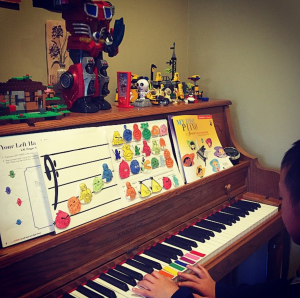
Q: Do I need to supply my own instruments for me or my child to receive music therapy services?
A: In most cases, music therapists bring all musical equipment that is required for a therapy session. Music therapists may also use instruments provided by the facility or individual that they work for.
Q: How much does music therapy cost?
A: Music therapy is reimbursable through several avenues. Our services are most commonly covered by state and county waivers and grants (CSG, FSG, CADI, DD, etc), private insurance, health savings accounts, or private pay. We offer flexible payment options! Contact us with questions or discuss a payment option that works for your family.
Q: How do I start music therapy?
A: Send us an email at toneworksmt@gmail.com to give us your contact information and tell us why you are considering music therapy. We will setup a free screening with you, during which we will get to
know each other, try out instruments, and talk further about music therapy options for you or your family.
Have any more questions? Comment on this post or send us an email!
